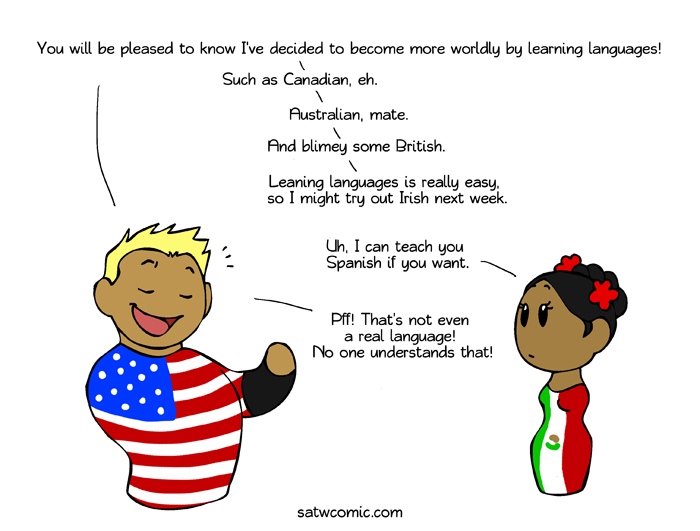
Multi Language
I was highly amused when an American told me he wanted to be more worldly by leaning languages and listed Irish as one of them. I know there's a few words that's different, but it still sounded funny.
EDIT: Okay so he probably meant Irish Gaelic, but then say Irish Gaelic. You'd be surprised by how little I know about languages so it helps to be specific. ;)
Mexico America
14th September 2012
9 years ago #9610203
4
0
New York: *tries to learn Creole languages so he can understand Acadiana* "Hey Acadiana!" *clears throat* "Mèrdik estipid dégoutant nan yon jennès.... That means 'You are a wonderful person,' in Creole Haitian, right?"
Acadiana: *can only speak Creole languages but can understand English* "...." *doubles over, laughing so hard that it actually hurts*
(New York said, "Fucking shitty asshole of a whore.")
Acadiana: *can only speak Creole languages but can understand English* "...." *doubles over, laughing so hard that it actually hurts*
(New York said, "Fucking shitty asshole of a whore.")
10 years ago #9474514
4
0
"Irish" is the correct name in English. "Irish Gaelic" is an anglicization. Gaeilge or Gaelac are more traditional, but most people assume "Gaelic" means Gàidhlig, or "Scots Gaelic."
I learned Quebecois in Canada, which is not the same as French, and Mexican Spanish in American schools. But, when I visit Europe, my Dutch friend has to change between Dutch, Flemish, French and German within a five hour drive. Within 20 hours of me, everyone speaks English.
And of course, most Euros do, because English stalks other languages into dark alleys, clubs them over the head, and rifles their pockets for loose grammar. ;)
I learned Quebecois in Canada, which is not the same as French, and Mexican Spanish in American schools. But, when I visit Europe, my Dutch friend has to change between Dutch, Flemish, French and German within a five hour drive. Within 20 hours of me, everyone speaks English.
And of course, most Euros do, because English stalks other languages into dark alleys, clubs them over the head, and rifles their pockets for loose grammar. ;)
10 years ago #9417677
3
1
I can speak French, German, English, a bit of Irish Gaelic, some Native American languages, and a bit of Vietnamese
GO LOUISIANA
GO LOUISIANA
3 years ago #9877074
2
0
canadian can mean canadian french, australian can mean one of its indigenous languages, british can mean either english or scottish gaelic.
7 years ago #9796109
2
0
The worst bit is that in Ireland, we don’t call it Gaelic, we just call it ‘Irish’ when talking in English, and ‘Gaeilge’ if we’re talking in Irish, which is basically just straight up calling it Gaelic, but we still get triggered when other people call it Gaelic for some reason. There’s also Scots Gallic, ut we don’t talk about that.
9 years ago #9637719
2
0
This comic actually made me realize how much Spanish a lot of Americans end up using in casual conversations -- most are by no means bilingual, but a lot Americans will know and use phrases like:
Hola.
Adiós amigos.
Mi casa es su casa
Mano a mano
No problemo. (Which should be "No hay problema," but still.)
Dime.
(Lo) que sera sera.
Eso si que es.
No comprende
No hablo inglés/español.
Hasta la vista.
Yo quiero Taco Bell.
Phineas and Ferb had Dr. Doofenshmirtz say, "I can't fight a teenage girl. It's so... ¿Como se dice 'awkward'?"
In the Nostalgia Critic's review of Clockstoppers, he starts laughing and says, "Tengo preguntas" (I have questions) at one of the more ridiculous scenes in the movie.
Again, these people aren't bilingual by a long shot, but Spanish had seeped into our culture, even if it's only a minuscule amount.
Hola.
Adiós amigos.
Mi casa es su casa
Mano a mano
No problemo. (Which should be "No hay problema," but still.)
Dime.
(Lo) que sera sera.
Eso si que es.
No comprende
No hablo inglés/español.
Hasta la vista.
Yo quiero Taco Bell.
Phineas and Ferb had Dr. Doofenshmirtz say, "I can't fight a teenage girl. It's so... ¿Como se dice 'awkward'?"
In the Nostalgia Critic's review of Clockstoppers, he starts laughing and says, "Tengo preguntas" (I have questions) at one of the more ridiculous scenes in the movie.
Again, these people aren't bilingual by a long shot, but Spanish had seeped into our culture, even if it's only a minuscule amount.
10 years ago #9528649
2
0
Seeing as there are 41 million native Spanish speakers in the United States, America would probably already know Spanish.
4 years ago #9868497
1
0
Honestly why does english exist it is the one of the most confusing languages if you don't already know it
It's made of like 30 different languages
It's made of like 30 different languages
6 years ago #9822427
1
0
In the 80s, when I went to school, Americans knowing any language other than English was shocking. Nowadays, I've only met maybe three people under 25 who CAN'T also speak Spanish relatively fluently. I think Spanish has become our unofficial second language. I went out of my way to learn Spanish in college, and now they're teaching it to kindergarteners. I feel kinda ripped off. My daughter's elementary spanish class teaches more advanced Spanish language than my college courses I paid a good deal for.
Add comment: Please Sign in or create an accout to comment.
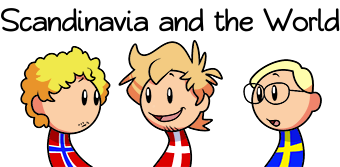

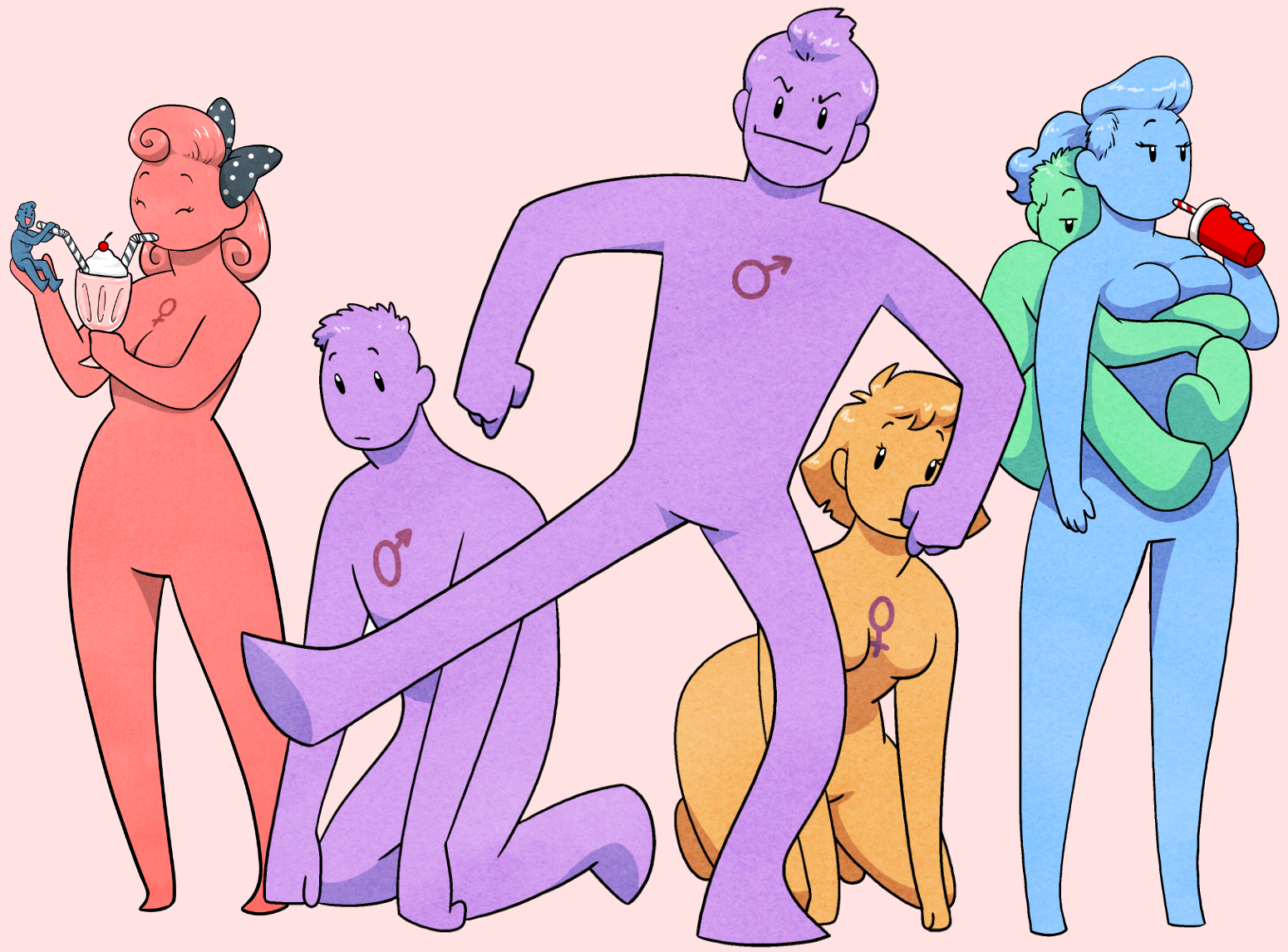
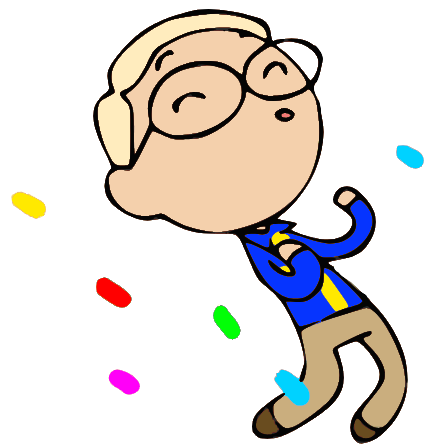 Support the comic on
Support the comic on 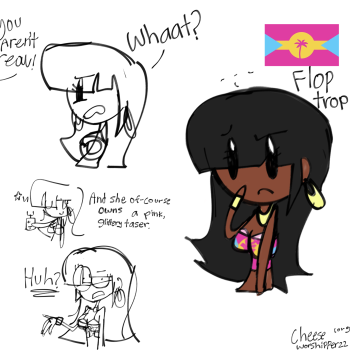
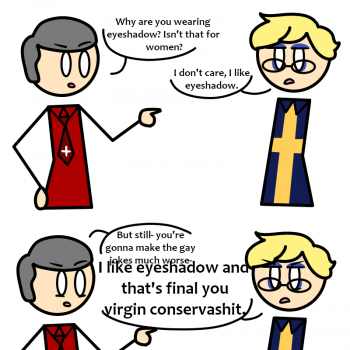















24